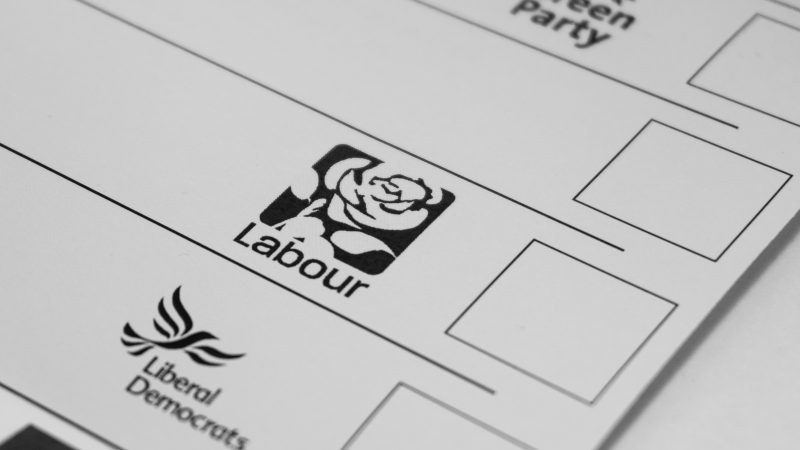
Voters head to the polls today in West Lancashire to select their next MP. This latest by-election was triggered following the resignation of Labour’s Rosie Cooper, who announced in September that she was stepping down after 17 years to take up the position of chair of Mersey Care NHS Foundation Trust. Labour’s candidate for the seat is Ashley Dalton. Dalton – who grew up in Leyland in Lancashire – worked for many years in local government, including spending 17 years working in various roles for Southend-on-Sea council. This is her third time standing for election to parliament; she previously contested Rochford and Southend East in 2017 and 2019, coming in second and securing more than 30% of the vote on both occasions in a traditionally safe Tory seat.
Labour’s most recent majority in West Lancashire was 8,336 votes, and the party has won the constituency at every election since 1992. Though West Lancashire is on paper a slightly less safe seat than Labour’s last by-election hold, Stretford and Urmston (its previous MP Kate Green’s majority in 2019 was almost twice that of Cooper’s on 16,417), the party is expected to retain the seat, particularly within the context of current polling. An MRP poll of 28,000 people for the Telegraph, published on Wednesday, sees Labour gaining 306 seats in a snap election, taking its total number of MPs to 509. According to the analysis, the Conservatives would fall to just 45 seats, with the SNP becoming the second largest party in parliament with 50 MPs.
In other labour movement news, the Fire Brigades Union announced this morning that it has postponed calling any strikes after it received an improved pay offer from Fire and Rescue Service employers. Following a strike ballot that saw 88% vote yes on a 73% turnout, the FBU warned in late January that the union would announce a “series of strike dates” unless a new pay offer was made within ten days. The union said today it had been offered a 7% pay rise backdated to July 2022 and then 5% from July this year – a deal on which it will now consult its members.
FBU general secretary Matt Wrack said the offer is “testament to the power of collective action”, adding: “We have achieved this increase because of the massive vote in favour of strike action by firefighters and control staff across the country, which made clear the strength of feeling among firefighters about cuts to their wages.” He noted, however, that the offer “still amounts to a real-terms pay cut”, stressing: “The mandate for strike action by firefighters remains.” The strike ballot was launched in November following a previous ultimatum to employers demanding a “substantial pay increase” for firefighters. Commenting at the time, Wrack said staff in the fire service were having to use food banks, warning: “After years of derisory pay increases and a pay offer that is well below inflation, firefighters’ and control staff’s living standards are in peril.”
Sign up to LabourList’s morning email for everything Labour, every weekday morning.



More from LabourList
‘Labour promised to make work pay. Now it must deliver for young people’
‘Council Tax shouldn’t punish those who have the least or those we owe the most’
Two-thirds of Labour members say government has made too many policy U-turns, poll reveals